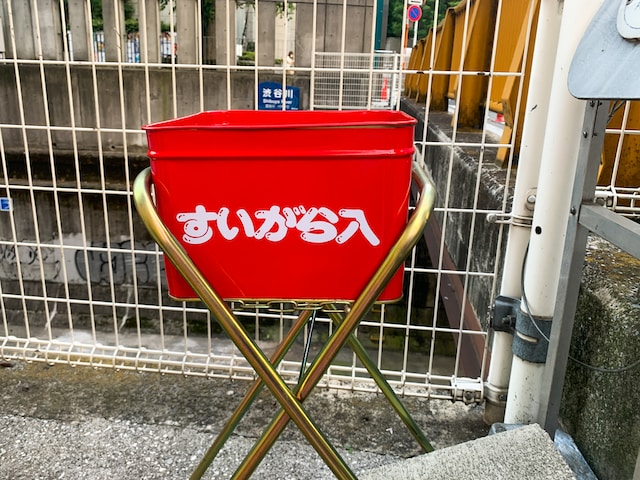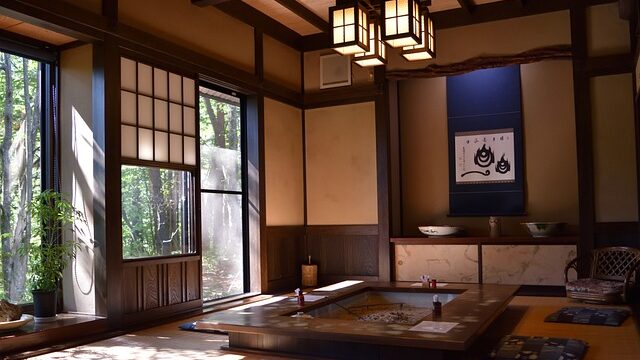Visiting Japan is not just an experience of scenic beauty and rich history, but also a lesson in responsibility and mindfulness. Among the many etiquettes that travelers should familiarize themselves with, the method of garbage disposal stands out. Let’s dive into understanding Japan’s systematic approach to waste management and why it matters for every traveler.
1. Understanding the Importance
Japan’s intricate waste sorting system stems from its commitment to environmental sustainability and efficient use of resources. The practice reduces the burden on landfills, supports recycling efforts, embodies a cultural reverence for cleanliness, and plays a pivotal role in the country’s image as a tidy and organized nation.
2. General Waste Categories
Japan has a clear division for its waste:
- Burnable (or General waste)
- Non-burnable
- Recyclables (items like glass bottles, plastic, and cans)
- Large-sized items such as furniture
- Hazardous materials
- Special collection items (electronics, etc.)
3. Burnable Waste
This category mainly consists of kitchen waste, paper products, small wooden items, and other general items that can be incinerated.
4. Non-Burnable Waste
Non-burnable waste includes materials like ceramics, metals, certain plastics without recycling labels, and other items resistant to burning.
5. Recyclables
Japan is renowned for its efficient recycling program. Bottles, cans, paper products, and plastics with recycling symbols are commonly recycled. Always ensure they’re clean before disposal.
6. Convenience Store Disposal
For travelers, many convenience stores offer disposal bins. However, public trash cans are relatively rare. When shopping, it’s beneficial to minimize waste and be mindful of over-packaging.
Conclusion
Adhering to Japan’s waste disposal practices might seem intricate, but it’s a beautiful way to show respect for a nation dedicated to cleanliness and environmental sustainability. When unsure, seek guidance from locals or your accommodation. Remember, every small step contributes to a larger goal. Embrace the practice, enjoy the journey, and be a responsible traveler in the Land of the Rising Sun.





